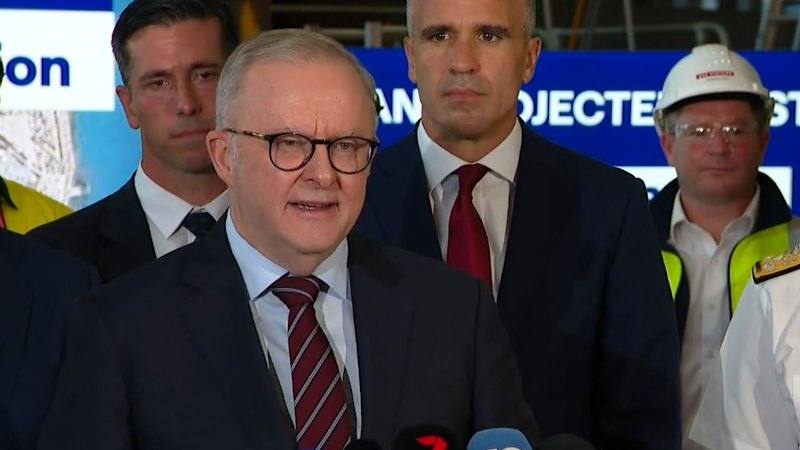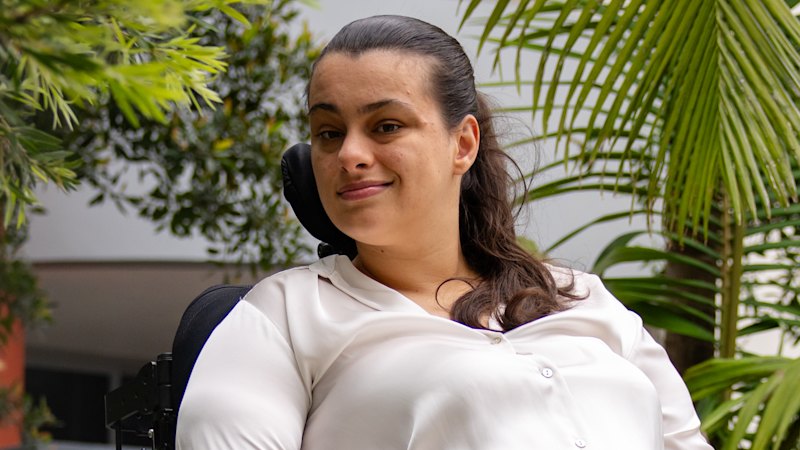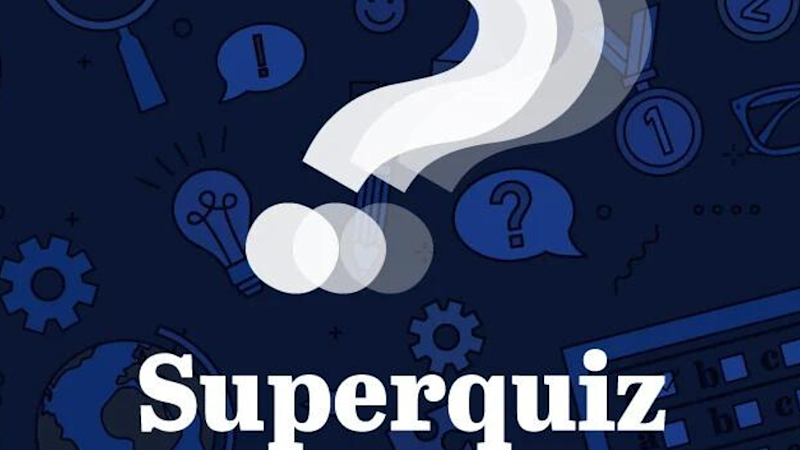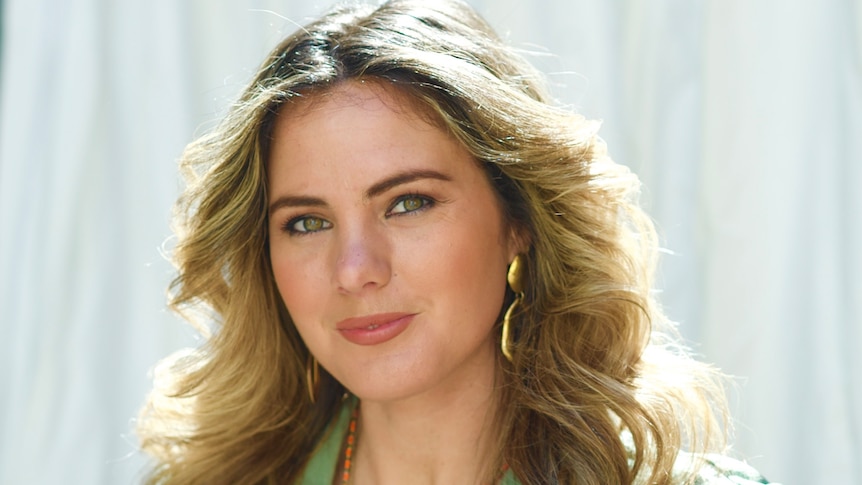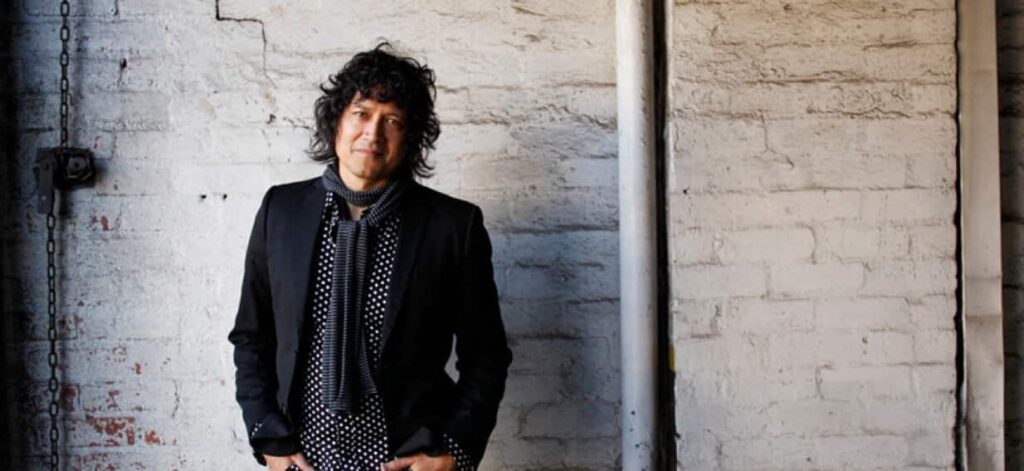
The journey through in vitro fertilization (IVF) often involves emotional highs and lows, a reality shared by many couples. In Australia, the IVF industry is valued at over $820 million, and as couples navigate their personal struggles, significant issues surrounding the ethics and risks of this booming business are emerging.
The Personal Toll of IVF
For many, including Angela and her husband, the IVF process becomes their new normal, filled with countless medical appointments, injections, and emotional hurdles. Angela and her partner faced 15 rounds of IVF, a journey that brought despair and loneliness but also moments of hope. “It felt like survival,” the father shared, reflecting on the emotional toll of their experience.
The couple’s struggles intensified during Melbourne’s COVID-19 lockdowns, which added layers of isolation to an already challenging situation. While they remained grateful for access to IVF, the emotional burden weighed heavily. “There were days of despair and others of clinging to hope,” he noted.
Feeling Invisible in the Process
Throughout their IVF experience, the father often felt sidelined. During one appointment, he was questioned about his presence: “Do you come to all the scans? Is it necessary?” Such moments underscored a feeling of invisibility, making him feel less like a partner and more like an afterthought in the process of creating life.
While Angela endured the physical demands of IVF, he focused on supporting her emotionally. “I wanted to be her steady rock,” he explained, often suppressing his own feelings. He observed that there seems to be an expectation for men to remain stoic, which can lead to an overwhelming sense of isolation.
Counselling services at clinics offered little more than a box-ticking exercise, leaving many male partners without adequate emotional support. “I felt there was little capacity for me to unpack what I was also going through,” he stated. Conversations with friends who had undergone IVF proved to be a vital lifeline during this time.
Despite the challenges, openness about their IVF journey helped Angela and her partner connect with others. “When Ange spoke publicly about our journey on social media, people shared their own experiences,” he recalled, highlighting the importance of community support.
After the birth of their son, Jimi, the couple learned that doctors had given Angela only a 4 percent chance of success with IVF. “I’m glad she kept that from me,” he reflected. “It allowed me to hold onto hope.” Jimi is now the couple’s pride and joy, symbolizing resilience amid their struggles.
Yet, the emotional impact of their IVF journey remains. The father admits to experiencing difficult memories, acknowledging the toll that such experiences can take on mental health. The couple is now considering having a second child, but they are acutely aware of the associated risks, particularly following Angela’s ectopic pregnancy last year, which necessitated emergency surgery.
“IVF comes with a cost my wife bears most heavily,” he said, emphasizing that Angela is not a machine but a person enduring significant strain. Through their experiences, they have learned valuable lessons about patience and gratitude, focusing on the joy that comes with their son.
As the IVF industry continues to grow, conversations surrounding the emotional and ethical implications are essential. Couples navigating this complex journey deserve comprehensive support, including acknowledgment of the father’s role in the process. The experiences shared by Angela and her husband highlight the importance of open dialogue to foster understanding and support among those facing similar challenges.
For more insights on relationships, health, and personal journeys, tune into the Insightful podcast series hosted by Kumi Taguchi, available on various platforms including the SBS Audio App and Apple Podcasts.


